Friday, 10 May 2024
Menu
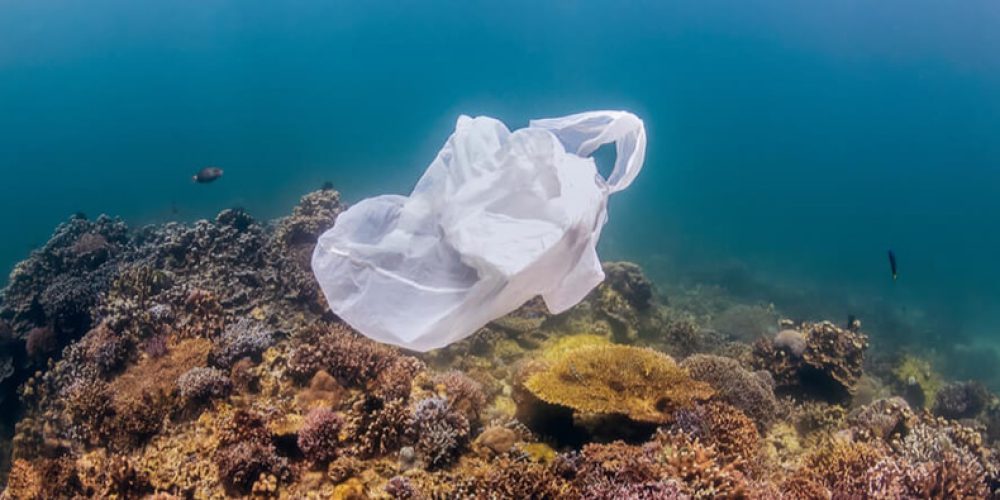
The research, conducted between 2011 and 2014, looked at more than 150 reefs in the Asia-Pacific region, located in the waters of Australia, Indonesia, Thailand and Myanmar, and found that more than 11 billion pieces of plastic are now entwined with coral across the region.
If the current scale of over 12 million tonnes of plastic waste dumped into the oceans continues each year, it is estimated that the amount of rubbish ‘caught’ by the region’s reefs will increase by 40%.
The research team analysed 125,000 reef-building corals for tissue loss and damage, and where the reef was significantly contaminated with plastic, a dramatic increase in disease was found.
“Plastic debris acts as a marine caravan for microbes,” – says the study’s lead author, Joleah Lamb, a marine biologist from Cornell University who began collecting data for the study as a PhD student at James Cook University. He added that plastic items – usually made of polypropylene, such as caps and toothbrushes – are heavily colonised by bacteria.
Corals, which are not plants but animals, are like any animal prone to diseases. One of these, ‘black band disease’, is caused by bacteria that eat away at the coral tissue, leaving only the skeleton behind. This disease can destroy a coral colony within a few months. Another, known as ‘white sydrome’ destroys both the tissue and the skeleton of the coral.
The research also revealed that in countries such as South Australia and Tasmania, which have banned plastic bags and have strict regulations on the segregation and disposal of plastic waste, there is a significant decrease in coral disease levels.
Coral reefs are already suffering from global warming, preventing their pollution leading to disease is essential to keep them alive. “It’s exactly like if you had an autoimmune disease and then got the flu,” – Lamb says. “The flu could be the disease that causes your death.”
On the positive side, this study shows that the situation is not hopeless, proper waste management reduces the threat of pollution to nearby coral reefs, so upgrading plastic waste disposal infrastructure in developing countries should be a priority worldwide.
Source: theverge.com
[pro_ad_display_adzone id=”31298″]


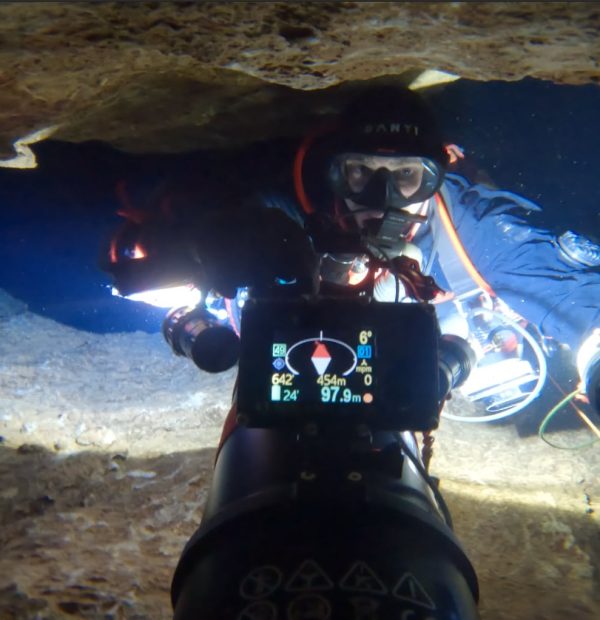


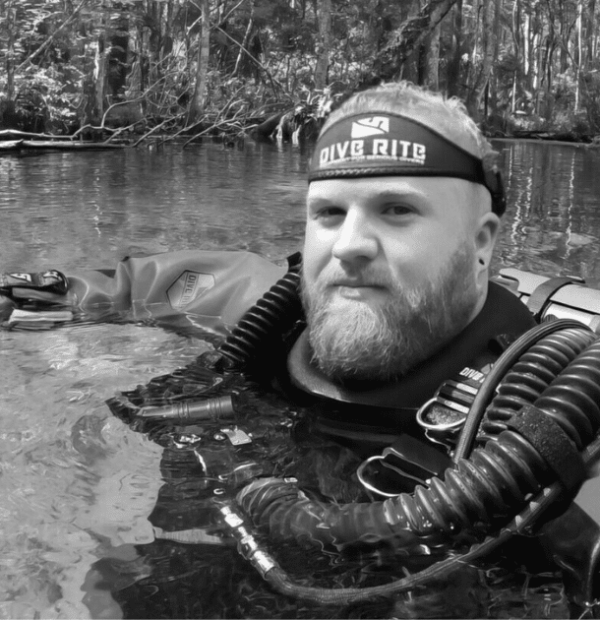
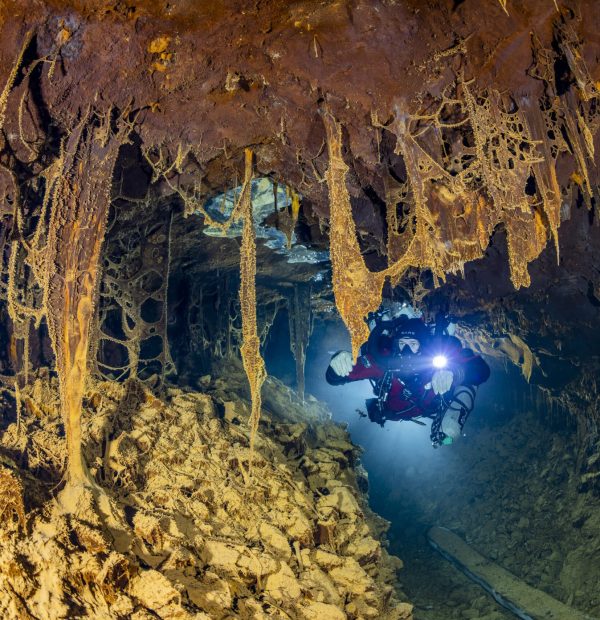
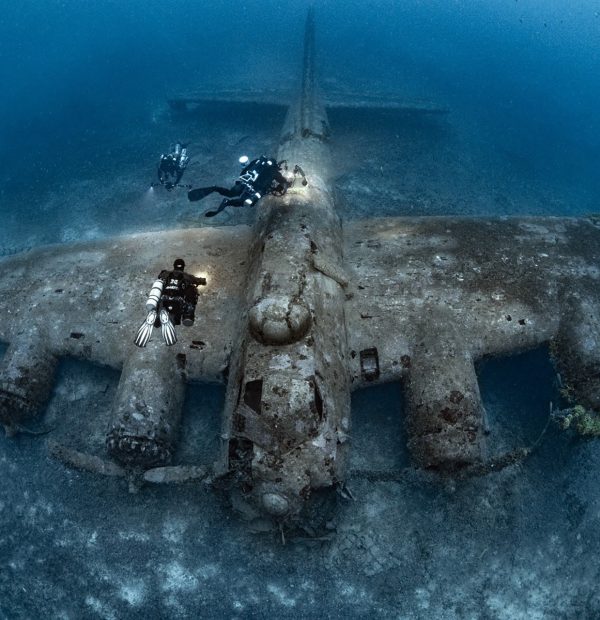
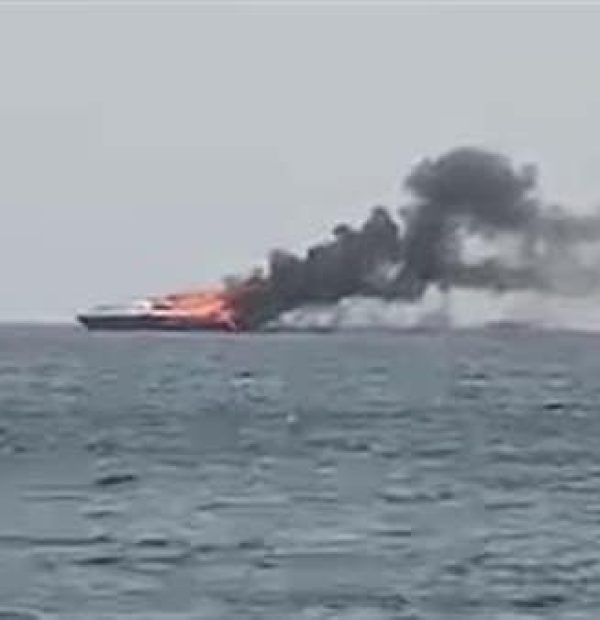

Welcome to DIVERS24.COM, your daily source of scuba news, freediving, scuba diving information, and equipment reviews. Our comprehensive coverage of the dive industry from A to Z provides you with all the latest scuba news, training updates, underwater photography tips, and everything else related to scuba diving. Whether you’re a beginner or an experienced diver looking for more knowledge about scuba gear or techniques – we’ve got it covered! With our in-depth articles written by experienced divers who have been there and done that, you are sure to find exactly what you need here at Divers24.com. Dive into scuba news today!
Underwater Media Sp. z o.o.
Szafarnia 11/F8,
80-755 Gdansk, Poland
Welcome to DIVERS24.COM, your daily source of scuba news, freediving, and scuba diving information. Sign in for a weekly news update and discount coupons for dive gear and apparel.
@2023 - underwatermedia.pl. All Right Reserved. Designed and Developed by Tworzenie stron internetowych Gdansk

The Divers24 portal is currently the largest online medium treating diving in Poland. Since 2010 we have been providing interesting and important information from Poland and around the world on all forms of diving and related activities.
Contact us: info@divers24.com